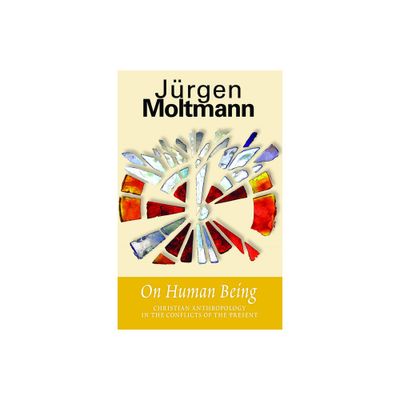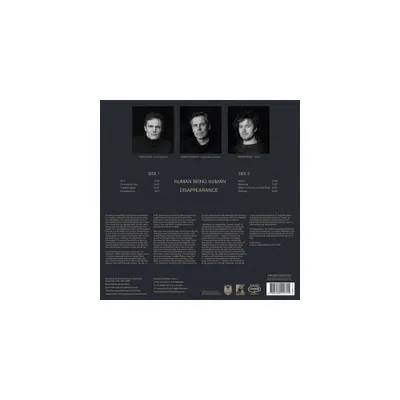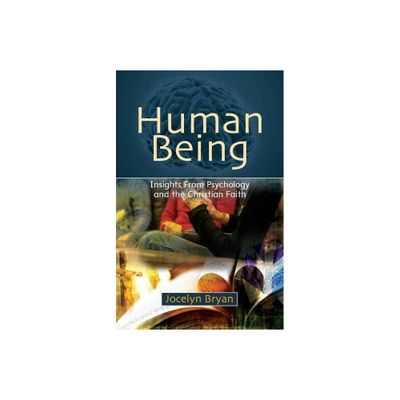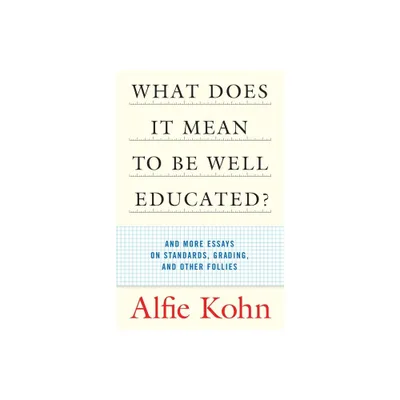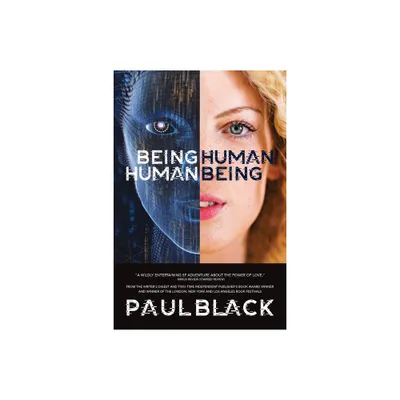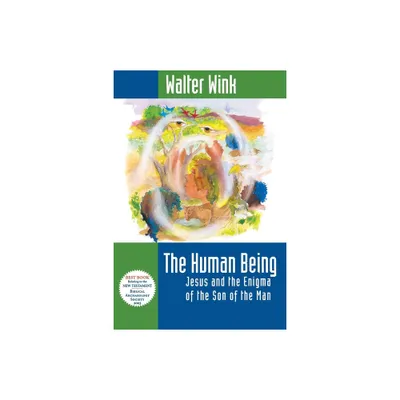Home
The Great Tradition: Classic Readings on What It Means to Be an Educated Human Being
Loading Inventory...
Barnes and Noble
The Great Tradition: Classic Readings on What It Means to Be an Educated Human Being
Current price: $29.99


Barnes and Noble
The Great Tradition: Classic Readings on What It Means to Be an Educated Human Being
Current price: $29.99
Loading Inventory...
Size: Paperback
*Product Information may vary - to confirm product availability, pricing, and additional information please contact Barnes and Noble
Frustrated with the continuing educational crisis of our time, concerned parents, teachers, and students sense that true reform requires more than innovative classroom technology, standardized tests, or skills training. An older tradition—the Great Tradition—of education in the West is waiting to be heard.
Since antiquity, the Great Tradition has defined education first and foremost as the hard work of rightly ordering the human soul, helping it to love what it ought to love, and helping it to know itself and its maker. In the classical and Christian tradition, the formation of the soul in wisdom, virtue, and eloquence took precedence over all else, including instrumental training aimed at the inculcation of "useful" knowledge.
Edited by historian Richard Gamble, this anthology reconstructs a centuries-long conversation about the goals, conditions, and ultimate value of true education. Spanning more than two millennia, from the ancient Greeks to contemporary writers, it includes substantial excerpts from more than sixty seminal writings on education. Represented here are the wisdom and insight of such figures as Xenophon, Plato, Aristotle, Seneca, Cicero, Basil, Augustine, Hugh of St. Victor, Bonaventure, Thomas Aquinas, Martin Luther, John Calvin, Erasmus, Edmund Burke, John Henry Newman, Thomas Arnold, Albert Jay Nock, Dorothy Sayers, C. S. Lewis, and Eric Voegelin.
In an unbroken chain of giving and receiving, The Great Tradition embraced the accumulated wisdom of the past and understood education as the initiation of students into a body of truth. This unique collection is designed to help parents, students, and teachers reconnect with this noble legacy, to articulate a coherent defense of the liberal arts tradition, and to do battle with the modern utilitarians and vocationalists who dominate educational theory and practice.
Since antiquity, the Great Tradition has defined education first and foremost as the hard work of rightly ordering the human soul, helping it to love what it ought to love, and helping it to know itself and its maker. In the classical and Christian tradition, the formation of the soul in wisdom, virtue, and eloquence took precedence over all else, including instrumental training aimed at the inculcation of "useful" knowledge.
Edited by historian Richard Gamble, this anthology reconstructs a centuries-long conversation about the goals, conditions, and ultimate value of true education. Spanning more than two millennia, from the ancient Greeks to contemporary writers, it includes substantial excerpts from more than sixty seminal writings on education. Represented here are the wisdom and insight of such figures as Xenophon, Plato, Aristotle, Seneca, Cicero, Basil, Augustine, Hugh of St. Victor, Bonaventure, Thomas Aquinas, Martin Luther, John Calvin, Erasmus, Edmund Burke, John Henry Newman, Thomas Arnold, Albert Jay Nock, Dorothy Sayers, C. S. Lewis, and Eric Voegelin.
In an unbroken chain of giving and receiving, The Great Tradition embraced the accumulated wisdom of the past and understood education as the initiation of students into a body of truth. This unique collection is designed to help parents, students, and teachers reconnect with this noble legacy, to articulate a coherent defense of the liberal arts tradition, and to do battle with the modern utilitarians and vocationalists who dominate educational theory and practice.
